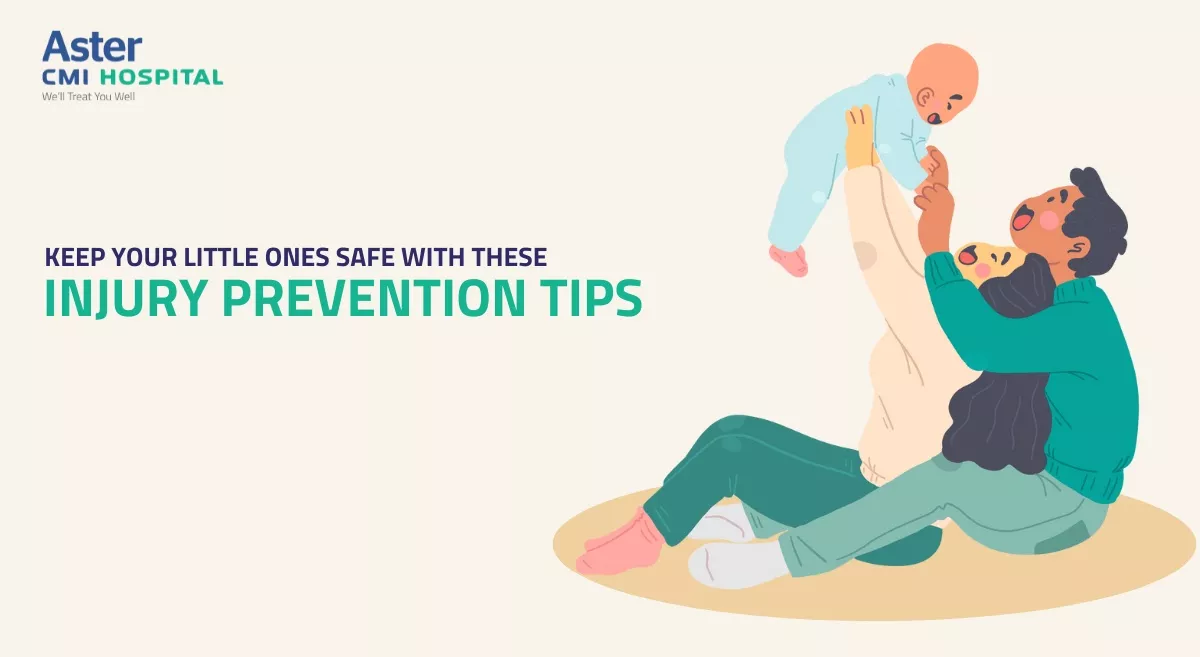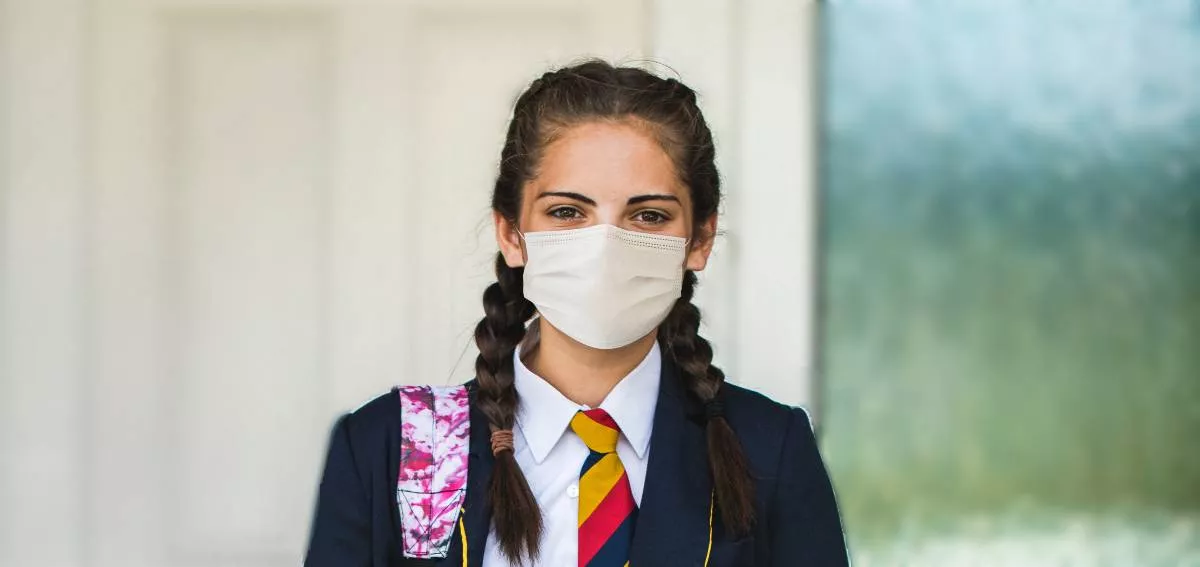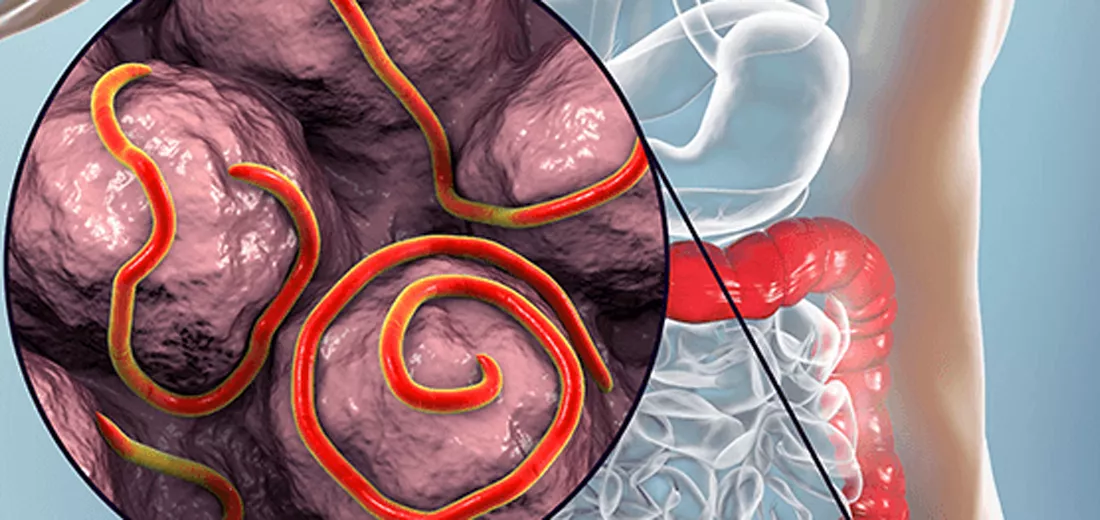Traveling with children can be a rewarding and enriching experience, providing opportunities for family bonding, and creating lasting memories. However, it also comes with its unique set of challenges, especially when it comes to managing health issues on the go. From minor ailments to more serious concerns, parents need to be well-prepared to ensure a safe and enjoyable trip for the entire family.
Planning Ahead: Preparing for a Healthy Journey
Before embarking on your travel adventure, thorough planning and preparation are essential to address any potential health issues that may arise along the way. Here are some key steps to consider:
1. Medical Check-Up: Schedule a visit to your pediatrician or family doctor before your trip to ensure that your child is in good health for travel. Discuss any pre-existing conditions, medications, or vaccinations that may be necessary for your destination.
2. Packing Essentials: Pack a well-stocked travel medical kit containing essential items such as band-aids, antiseptic wipes, thermometer, pain relievers, allergy medication, and any prescription medications your child may need. Also, include items specific to your destination, such as insect repellent and sunscreen.
3. Know Your Destination: Research the healthcare facilities available at your destination, including hospitals, clinics, and pharmacies. Familiarize yourself with local emergency numbers and medical services in case of an emergency.
4. Stay Hydrated and Nourished: Encourage your child to drink plenty of fluids and eat regular, nutritious meals while traveling to boost their immune system and energy levels. Pack healthy snacks to keep hunger at bay during long journeys.
Common Health Issues and How to Manage Them
Despite careful planning, children may still experience health issues while traveling. Here are some common ailments and tips on how to address them:
1. Motion Sickness: Motion sickness is a common problem for children, especially during car rides or flights. To minimize discomfort, ensure proper ventilation, encourage your child to look out the window, and provide distractions such as books or games. Consider using over-the-counter motion sickness medication if necessary.
2. Traveler's Diarrhea: Changes in diet and exposure to new bacteria can lead to traveler's diarrhea. To prevent dehydration, encourage your child to drink plenty of fluids and stick to bottled water. Avoid street food and opt for well-cooked, hygienic meals.
3. Sunburn and Heat Exhaustion: Protect your child from the sun's harmful rays by applying sunscreen regularly and dressing them in lightweight, protective clothing. Seek shade during peak hours and stay hydrated to prevent heat-related illnesses such as heat exhaustion and heatstroke.
4. Insect Bites and Stings: Insect repellent can help prevent bites and stings from mosquitoes, ticks, and other pests. Remove stingers promptly if stung and monitor for signs of allergic reactions such as swelling or difficulty breathing. Seek medical attention if necessary.
Conclusion: Safe and Enjoyable Travels
Traveling with kids can be an enriching experience, but it's essential to prioritize their health and well-being along the way. By planning ahead, staying informed, and being prepared for common health issues, parents can ensure a safe and enjoyable journey for the entire family. Remember to remain flexible and adaptable, as unexpected challenges may arise, but with the right mindset and preparation, you can create unforgettable memories that will last a lifetime. Happy travels!



























